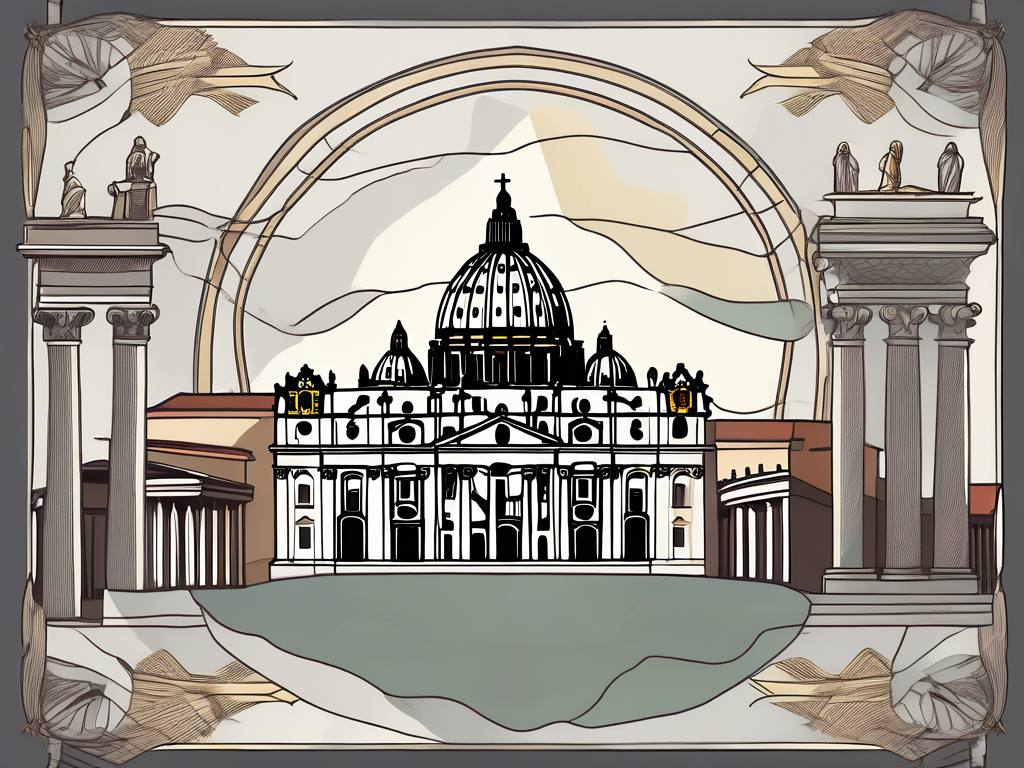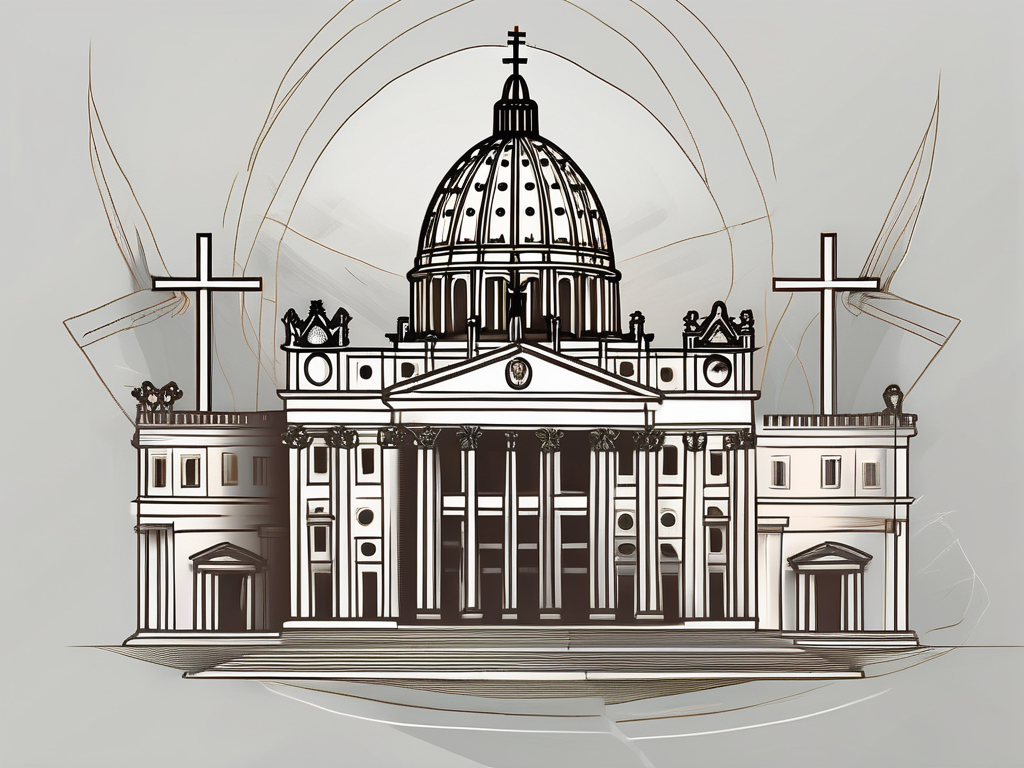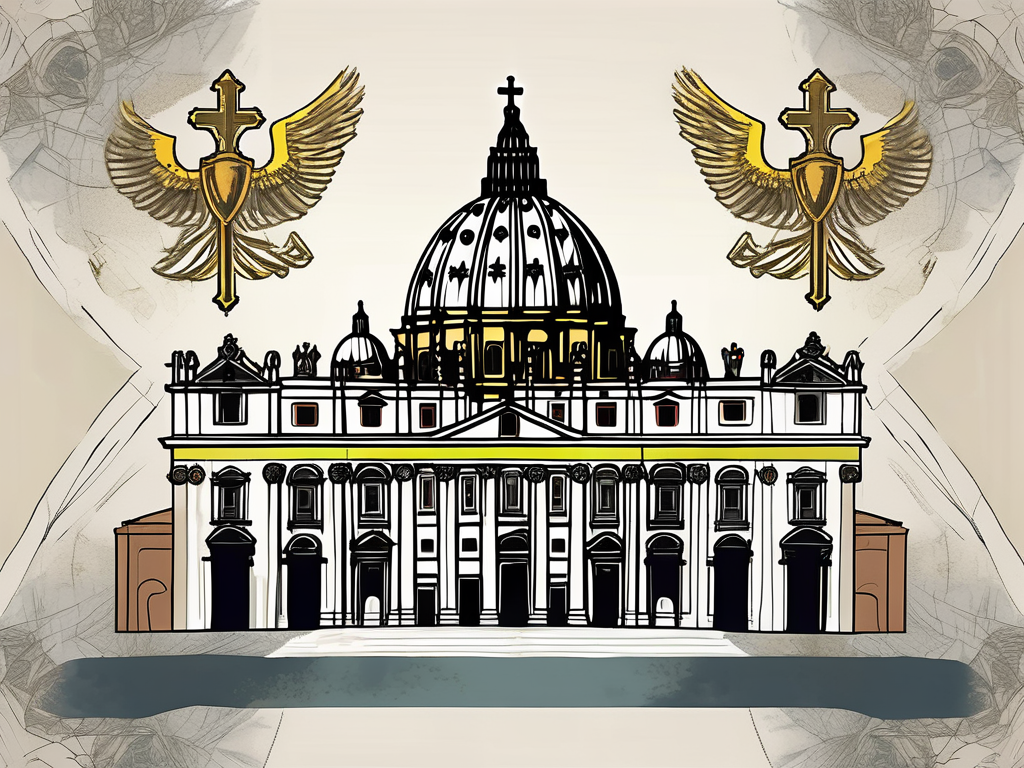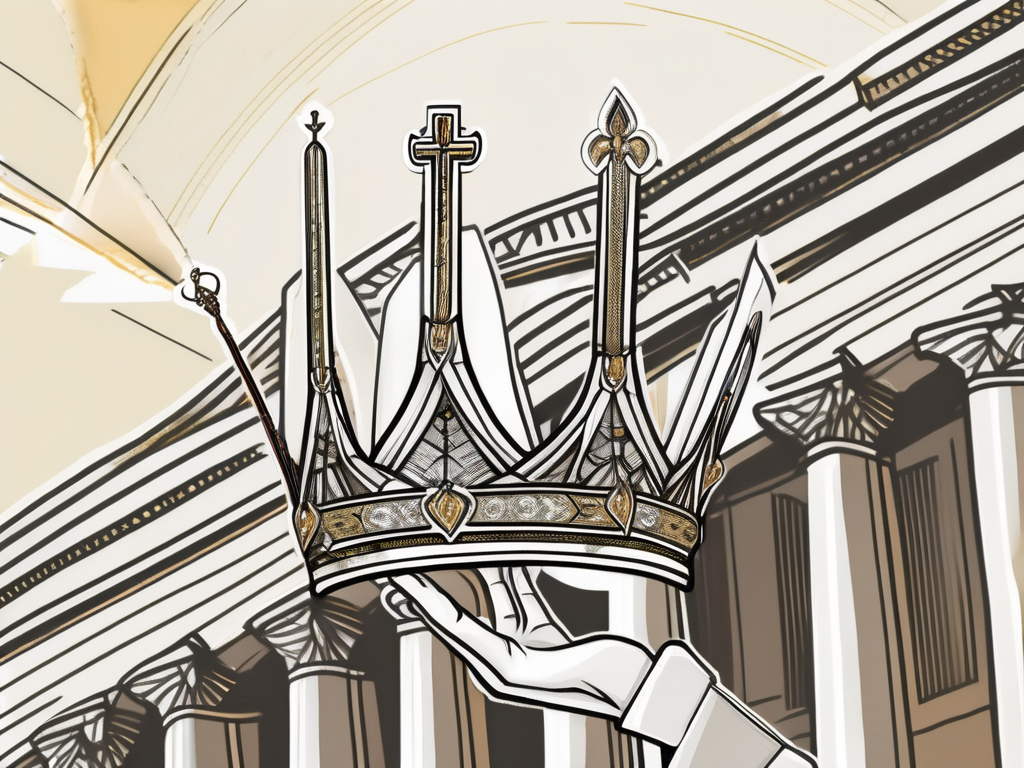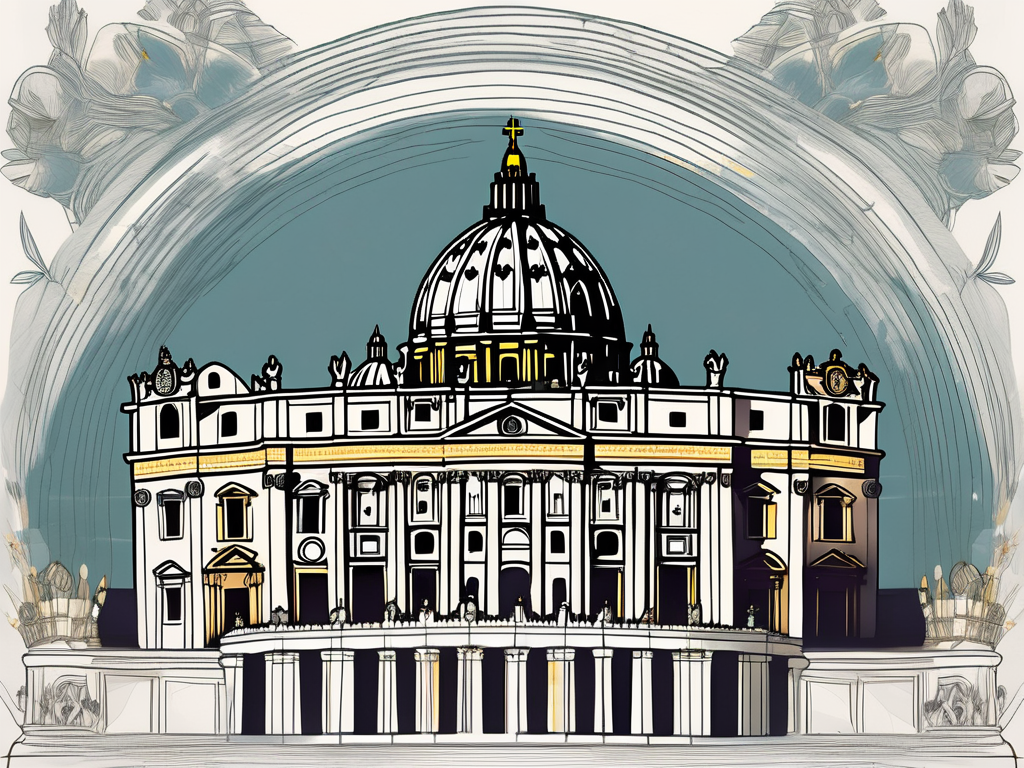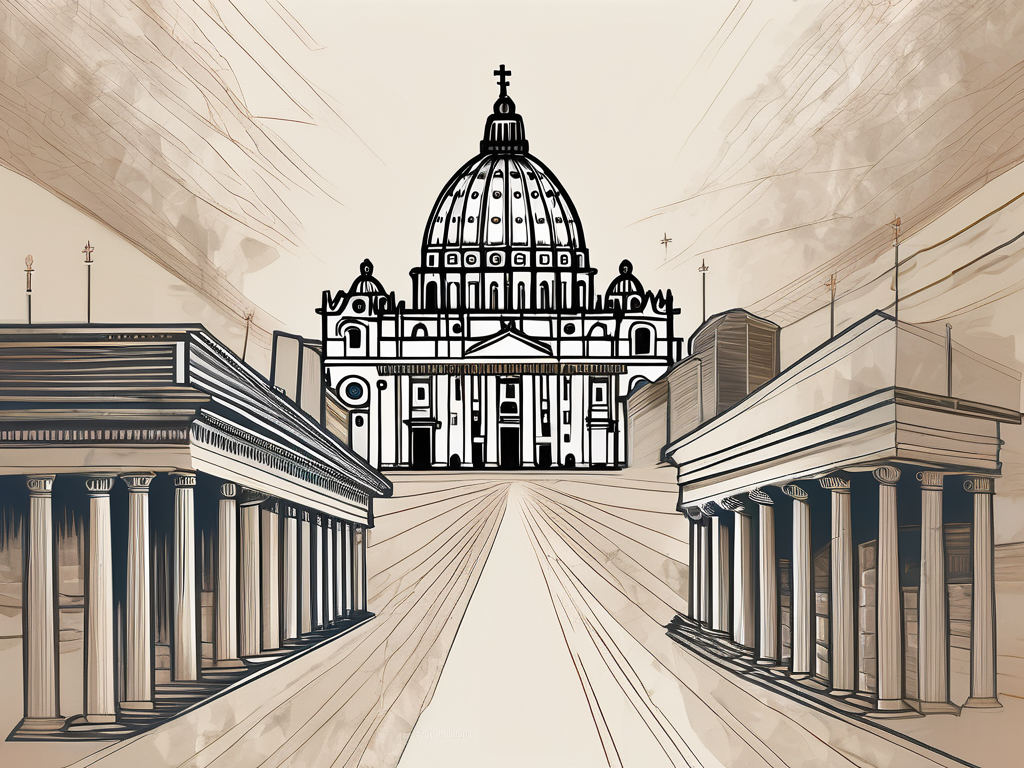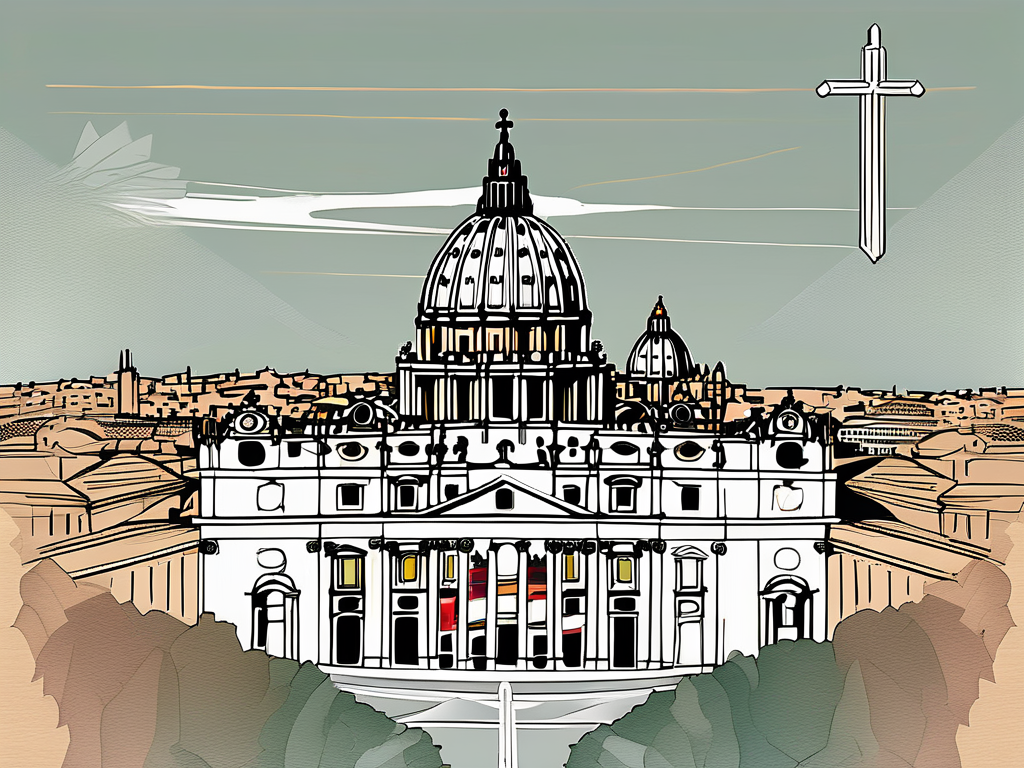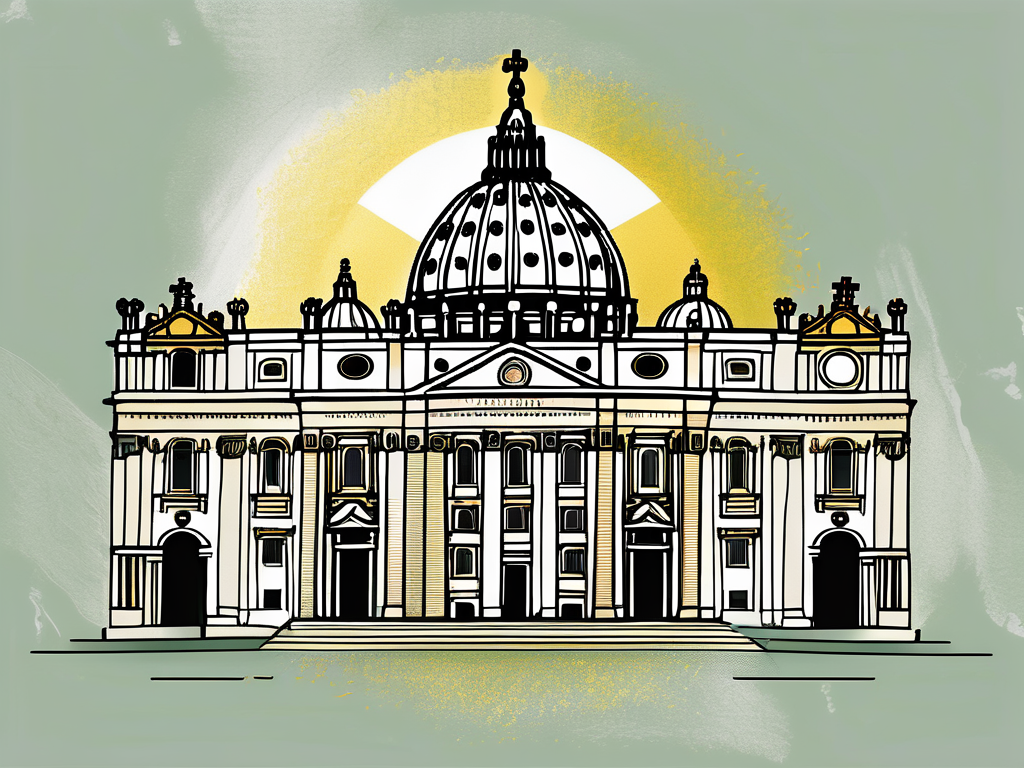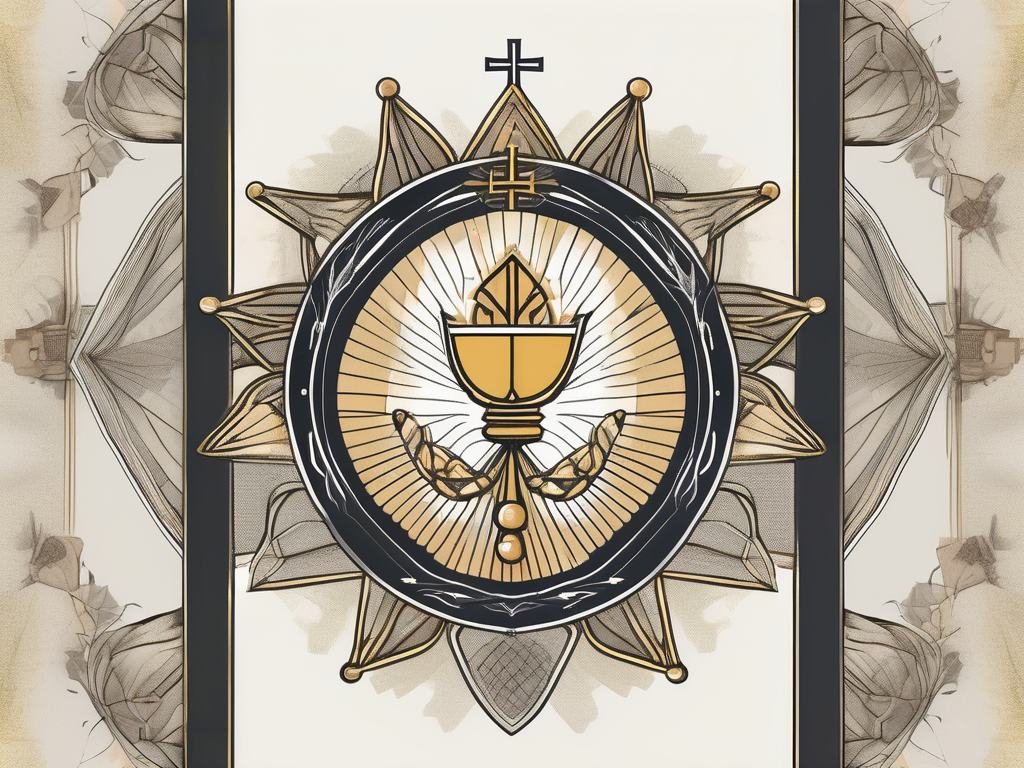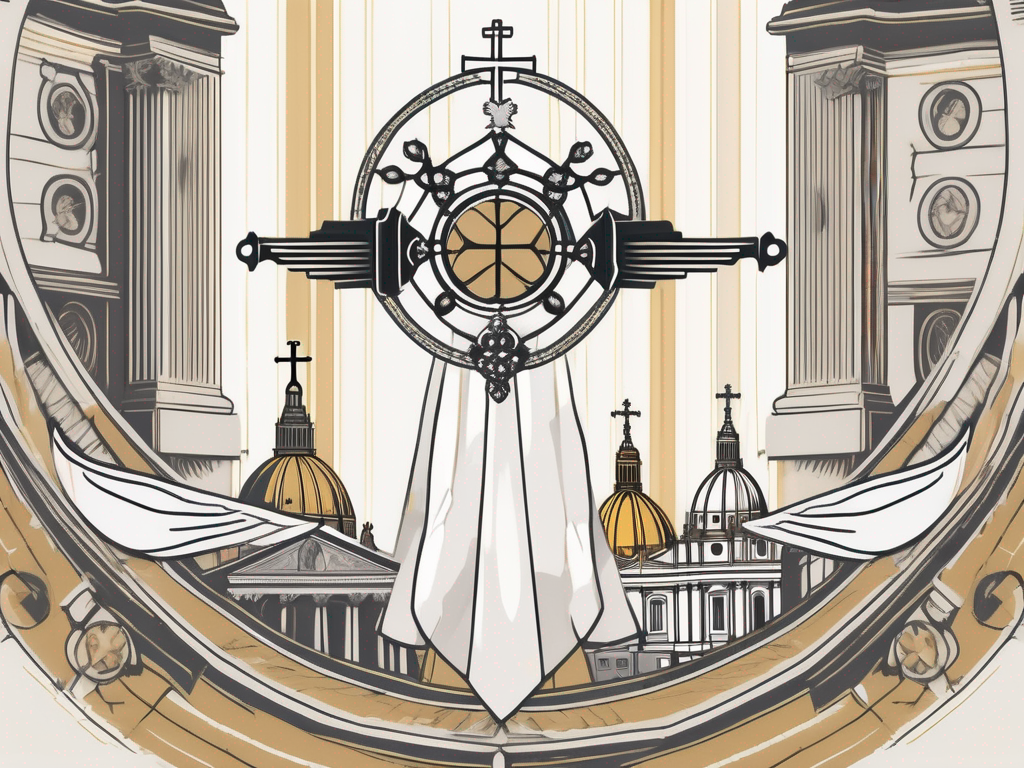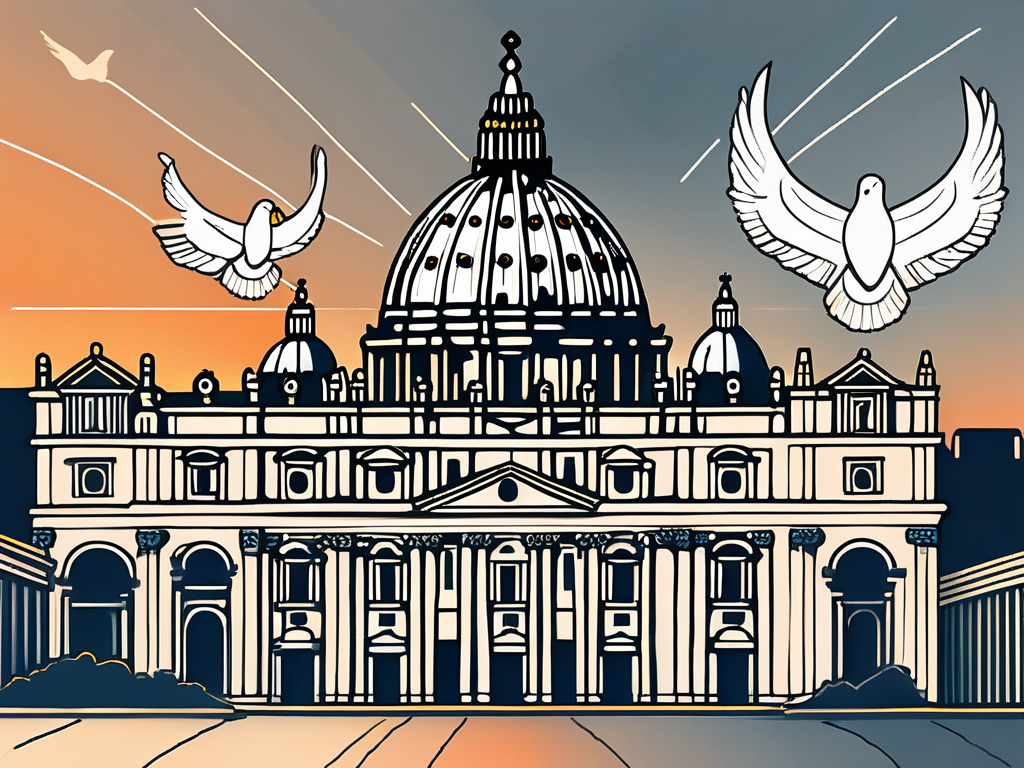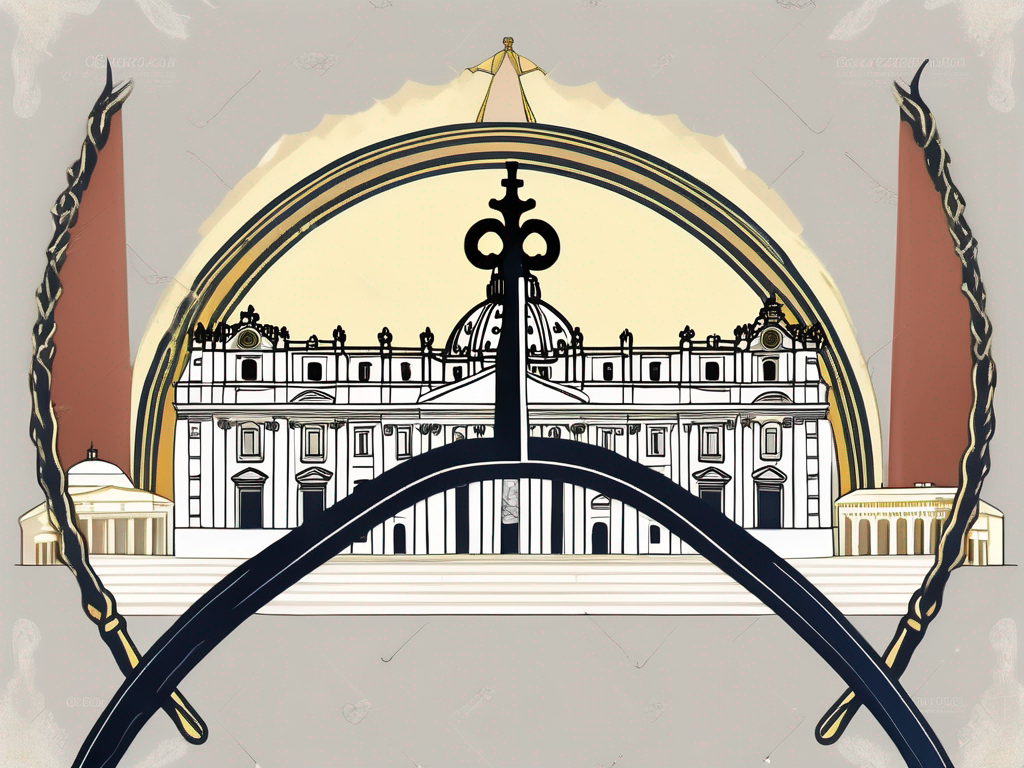In the rich tapestry of papal history, one name stands out as both enigmatic and intriguing – Pope Pius III. This lesser-known pontiff reigned during a tumultuous era, leaving a lasting impact on the Catholic Church and its followers. Join me as we delve into the life, controversies, and enduring legacy of Pope Pius III.
Early Life and Education of Pope Pius III
Behind every extraordinary figure lies an ordinary beginning. Pope Pius III, formerly known as Alessandro Farnese, was born into a distinguished Italian family on June 12, 1468.
Birth and Family Background
As the son of Pier Luigi Farnese, a prominent nobleman, and Giovanna Caetani, Alessandro entered this world with privileges that few could dream of. The Farnese family traced its lineage back to ancient Rome, boasting connections to powerful families and influential figures.
Alessandro’s birth into such a prestigious family meant that he was surrounded by wealth and opulence from a young age. The Farnese household was known for its grandeur, with lavish decorations adorning every corner and servants attending to their every need. Alessandro grew up in a world of luxury, where he was exposed to the finest art, music, and literature.
Despite the abundance of material wealth, Alessandro’s parents instilled in him the values of humility and compassion. They taught him the importance of using his privilege to help those less fortunate, fostering a sense of social responsibility within him.
Education and Early Religious Influence
Alessandro’s upbringing, fostered by his devoutly Catholic parents, instilled in him a deep reverence for religious devotion. From an early age, he immersed himself in theology, attending prestigious schools where he honed his intellectual prowess.
One of Alessandro’s most influential teachers was a renowned theologian who introduced him to the works of Saint Augustine. This encounter sparked a lifelong fascination with the writings of the Church Fathers and the philosophical underpinnings of Catholicism.
As Alessandro matured, so did his commitment to the Church. His dedication manifested in an unyielding desire to make a difference within its ranks. He spent countless hours studying scripture, attending religious ceremonies, and engaging in theological debates with his peers.
During his formative years, Alessandro also had the opportunity to witness the inner workings of the Vatican firsthand. His family’s connections allowed him to attend papal audiences and observe the pontiffs in action. These experiences left an indelible mark on him, fueling his ambition to one day ascend to the highest office in the Catholic Church.
Furthermore, Alessandro’s parents encouraged him to engage with the wider world beyond the confines of his privileged upbringing. They arranged for him to travel extensively throughout Europe, exposing him to different cultures, languages, and religious practices. These journeys broadened his perspective and deepened his understanding of the diverse tapestry of humanity.
As Alessandro entered adulthood, his reputation as a devout and intellectually gifted young man grew. Scholars and religious leaders sought his company, eager to engage in theological discussions and learn from his insights. His charisma and natural leadership qualities made him a respected figure among his peers, setting the stage for his future rise to prominence within the Church.
Ascension to Papacy
The pinnacle of Alessandro’s spiritual journey arrived on October 13, 1503, when he assumed the pontificate and assumed the title, Pope Pius III.
As the news of Alessandro Farnese’s election spread throughout Rome, the city buzzed with anticipation and excitement. The streets were adorned with colorful banners and the air was filled with the sound of jubilant cheers. The people of Rome, both faithful Catholics and curious onlookers, eagerly awaited the first public appearance of their new pontiff.
On the day of his consecration, the grand Basilica of St. Peter’s was filled to the brim with dignitaries, clergy, and devoted followers. The atmosphere was charged with a sense of reverence and awe as Alessandro Farnese, now Pope Pius III, made his way to the altar. The ceremony was a spectacle of elaborate rituals and sacred chants, symbolizing the sacredness and solemnity of the occasion.
Election and Consecration
The selection of Pope Pius III marked a turning point for the Catholic Church. He ascended to the papal throne following the untimely demise of his predecessor, Pope Alexander VI. The conclave, held in secrecy and shrouded in intrigue, deliberated and reached a consensus: Alessandro Farnese was the worthy candidate to guide the Church.
The conclave itself was a complex and intricate process. Cardinals from all corners of the Catholic world gathered in the Sistine Chapel, their minds burdened with the weight of responsibility. Days turned into weeks as they engaged in intense discussions, debates, and negotiations. The walls of the chapel became silent witnesses to the political maneuverings and alliances formed in pursuit of the papacy.
Finally, after much deliberation, the white smoke billowed from the chimney, signaling to the world that a new pope had been chosen. The crowd outside erupted in cheers, their eyes fixed on the balcony of St. Peter’s Basilica, where the newly elected pontiff would soon make his first appearance.
Challenges and Triumphs
Barely a year into his papacy, Pope Pius III faced an array of challenges. The political landscape was fraught with tensions and power struggles, both within the Church and beyond its walls. Nevertheless, the indomitable spirit of Pope Pius III emerged.
One of his most significant accomplishments was spearheading peace initiatives amidst warring factions, seeking to restore harmony and stability to an embattled Europe. Recognizing the devastating toll that conflicts had taken on the lives of countless individuals, Pope Pius III tirelessly worked towards brokering peace agreements and fostering dialogue between rival nations.
His efforts were not without opposition. Powerful forces within the Church and political circles sought to undermine his authority and derail his peace initiatives. However, Pope Pius III remained resolute, drawing strength from his unwavering faith and conviction in the power of diplomacy.
Over time, his perseverance paid off. The fruits of his labor began to manifest as nations that were once at odds with each other started to engage in meaningful dialogue. Borders that were once fortified with hostility gradually opened up, allowing for the free exchange of ideas, culture, and commerce.
Pope Pius III’s commitment to diplomacy garnered praise from both his contemporaries and future generations. His legacy as a peacemaker and bridge-builder continues to inspire leaders and individuals alike, reminding us of the transformative power of dialogue and understanding.
Major Contributions and Reforms
Pope Pius III’s reign was characterized by a series of reforms that reshaped the Catholic Church, ensuring its continued relevance and adaptability.
Theological Contributions
Recognizing that theological discourse formed the foundation of faith, Pope Pius III championed intellectual pursuits within the Church. He encouraged scholars to engage in rigorous debates, paving the way for theological advancements that would shape Catholic doctrine for years to come.
Under Pope Pius III’s guidance, the Catholic Church experienced a renewed focus on theological scholarship. The pope believed that a deep understanding of religious principles and doctrines was essential for the faithful to fully embrace their faith. He established theological academies and encouraged the study of ancient texts, fostering an environment of intellectual curiosity and growth.
One of the most significant theological contributions of Pope Pius III was his emphasis on the importance of dialogue and open-mindedness. He recognized that the Church needed to engage with the changing world and address the concerns and questions of its followers. Through his encouragement of rigorous debates, he created a space for theologians to explore new ideas and challenge traditional beliefs, ultimately enriching the theological landscape of the Catholic Church.
Administrative Reforms
Pope Pius III recognized the need for efficient and transparent governance within the Church. To that end, he implemented a series of administrative reforms that streamlined processes, reduced corruption, and enhanced accountability.
One of the key administrative reforms introduced by Pope Pius III was the establishment of a centralized system of governance. This system aimed to bring consistency and coherence to the operations of the Church, ensuring that decisions were made collectively and in accordance with the Church’s teachings. By centralizing power, Pope Pius III sought to eliminate the influence of individual interests and promote a unified approach to leadership.
In addition to centralization, Pope Pius III implemented measures to combat corruption within the Church. He established strict guidelines and codes of conduct for clergy members, emphasizing the importance of moral integrity and ethical behavior. These measures not only restored public trust in the Church but also served as a reminder of the high standards expected of those in positions of authority.
Furthermore, Pope Pius III recognized the need for greater transparency in financial matters. He implemented financial reforms that ensured the responsible management of Church resources and the proper allocation of funds for charitable purposes. By holding the Church accountable for its financial practices, Pope Pius III aimed to demonstrate the Church’s commitment to serving the needs of its followers and the wider community.
This visionary pope understood that an institution grounded in integrity could flourish and inspire unwavering devotion. Through his theological contributions and administrative reforms, Pope Pius III left a lasting impact on the Catholic Church, shaping its future trajectory and ensuring its continued relevance in an ever-changing world.
Controversies and Criticisms
As with any figure of authority, Pope Pius III faced his fair share of controversies and criticisms.
Disputes and Conflicts
Some questioned the political alliances Pope Pius III fostered, fearing they compromised the Church’s impartiality. Others voiced concerns regarding his willingness to navigate treacherous political waters, arguing that faith should be the sole compass guiding papal decisions.
Response to Criticisms
Pope Pius III, ever-resilient, engaged his critics in open dialogue and sought to address their concerns with grace and humility. His ability to listen, reflect, and adapt demonstrated his commitment to fostering unity within the Church and beyond.
Pope Pius III’s Legacy
The impact of Pope Pius III resonated far beyond the boundaries of his papacy. His transformative contributions and unwavering dedication left an indelible mark on the Catholic Church.
Impact on the Catholic Church
Pope Pius III’s theological advancements and administrative reforms continue to shape the Catholic Church in profound ways. His commitment to intellectual exploration remains a cornerstone of Catholic academia, nurturing a tradition of probing, thoughtful inquiry.
Influence on Future Popes and Church Policies
Pope Pius III’s legacy extends to subsequent pontiffs who studied and drew inspiration from his exemplary leadership. His emphasis on diplomacy, education, and transparent governance remains essential to the fabric of the modern Catholic Church.
As we reflect upon the life and legacy of Pope Pius III, we bear witness to the profound impact one individual can have on an institution and the world at large. May his story inspire us to strive for reform, foster unity, and leave an enduring legacy of compassion and progress.
